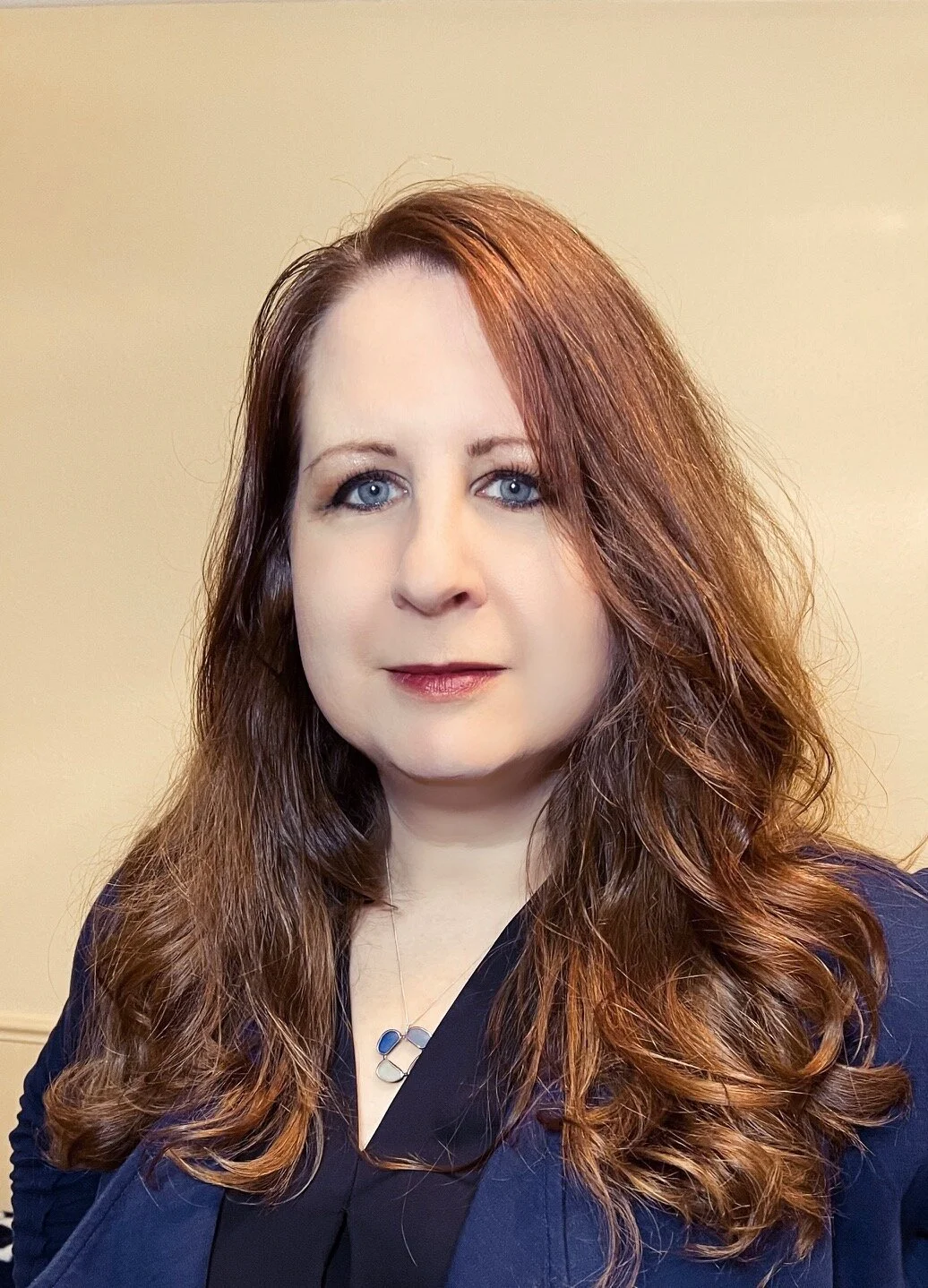In “Retrospection Series” (Fall 2019 Intima), Joseph Burns writes about undergoing open-heart surgery at 23, only two months before he started medical school.
At first, he is reluctant to share his story with his peers. “It was a secret that was contained within the walls of the physical exam simulation rooms.”
But as his training moves forward, he is motivated by his experiences “to become the best physician possible…to be the one who provides care, love, compassion, and primarily hope in situations where all may seem lost.”
One day, after a lecture on congenital heart disease, he thinks about the things the professor leaves out. “…how badly your heels hurt after laying on a table unconscious…the pain that your family endures, unsure of what is happening in the operating room…the fear of looking at the scar for the first time….” But he concludes, “It wasn’t his fault. I was the only person in the room that had lived through these details. He didn’t know he was talking about me.”
I, too, underwent a transformative experience of illness as a medical trainee, although one of a very different nature. Fifteen years ago, in my third year of Hematology/Oncology fellowship, I found myself reeling from multiple miscarriages. In my piece “The Fragile Line” (Fall 2021 Intima), I write about how becoming a patient and suffering loss and grief changed the kind of physician I became.
I struggled with occupying the space of both patient and physician—how I could somehow forgive the offhand, callous words of an overworked nurse only to become angry at the gentle manner of the obstetrician delivering bad news because it was reminiscent of my own professional approach. Later, the weariness in my new obstetrician’s voice leads me to want to apologize for having to add myself as a burden to her post-call day, even amid my own trauma.
But throughout, there was a recurring dream that sustained me. A dream my rational mind dismissed as only a manifestation of my subconscious yet somehow provided me an inexplicable source of comfort. A dream I never told any of my doctors for fear they wouldn’t understand.
I listen differently now when my patients and their families speak of their stories.
As Dr. Burns writes, “It is the experience that enables me to connect with families during the most trying times of their lives…It is me, at my most raw, most vulnerable form.”
The vulnerability inherent in the patient experience, intertwined in time with my formative oncology training, taught me more about doctoring than any of my professors ever could.
Jennifer L. Lycette, MD, is a rural community hematologist-oncologist, mom of three and recovering perfectionist who is writing her way back from physician burnout, one word at a time. She is a regular contributor to Medscape's blog, and her essays have been published in The New England Journal of Medicine, JAMA, JAMA Oncology, Journal of Clinical Oncology, The ASCO Post, Doximity, and more. In fiction writing, she was a 2019 Pitch Wars mentee, and she has a flash fiction piece in an upcoming anthology with Alternating Current Press. jenniferlycette.com

